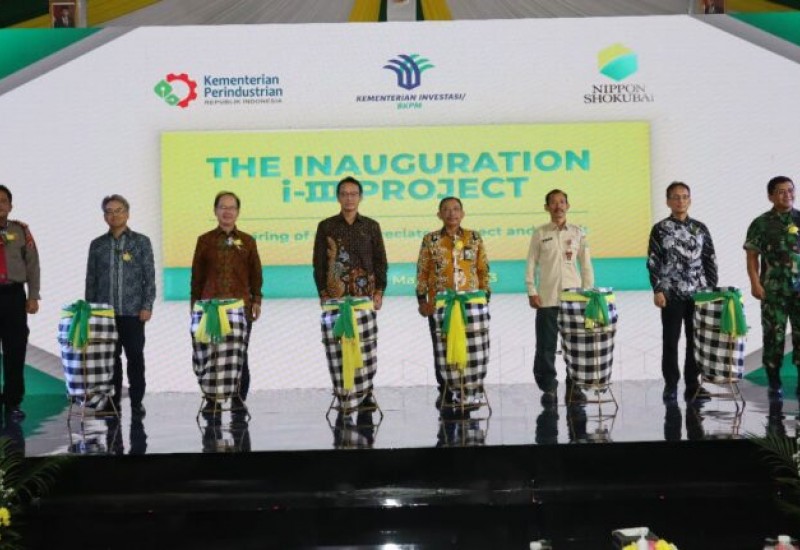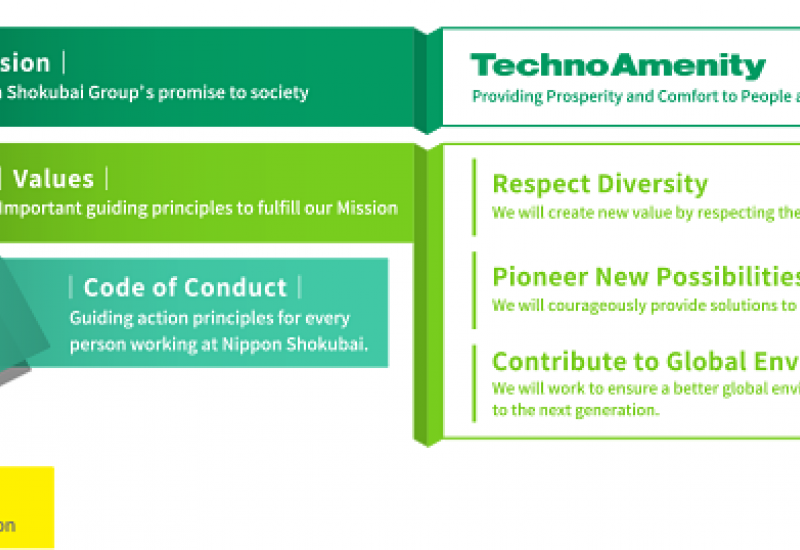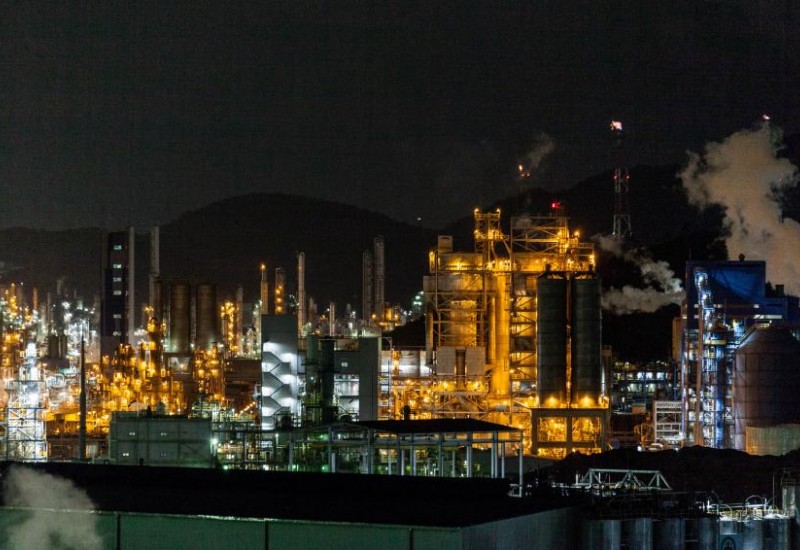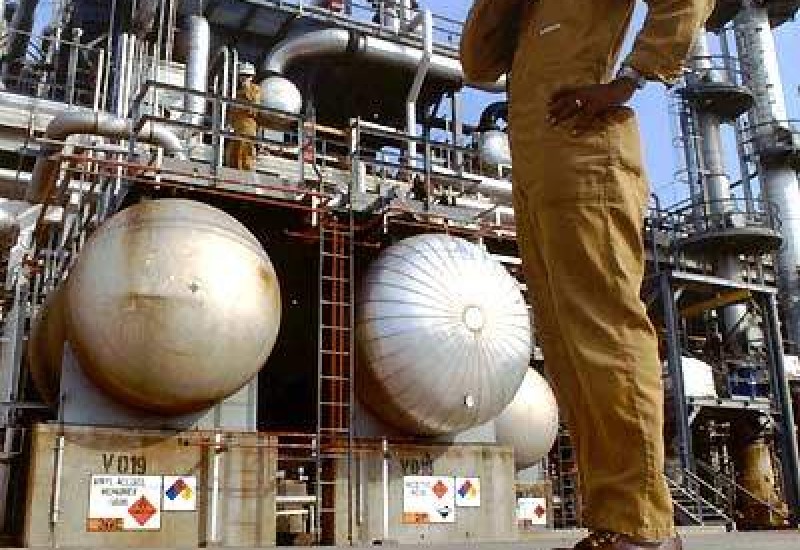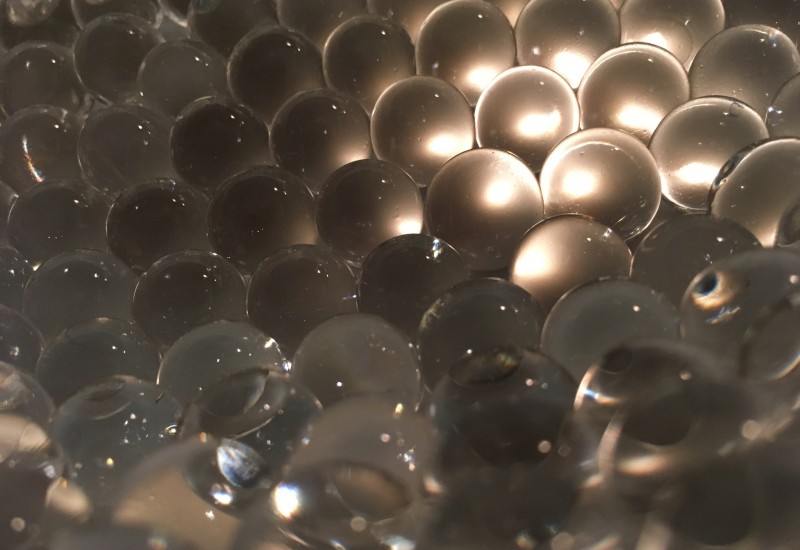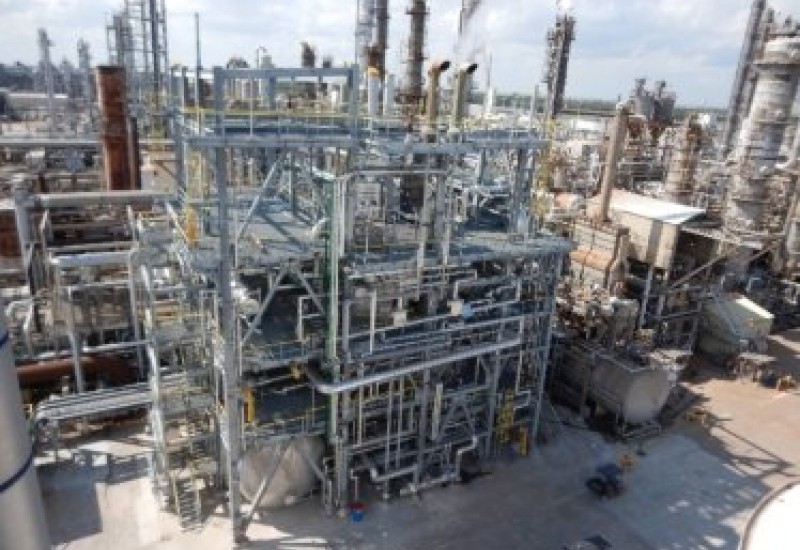Nippon Shokubai opens Indonesian plant
Japan’s Nippon Shokubai has officially opened a 100,000 tonnes/year acrylic acid (AA) plant that was built at a cost of about $200 million at Cilegon, Banten, Indonesia. This takes its global capacity to 980,000 tonnes, of which 540,000 are in Japan itself.
AA is a key raw material in superabsorbent polymers (SAPs) for disposable diapers, the application that is mainly driving continuing demand growth. SAPs are also used in paints and adhesives. Nippon Shokubai claims to be the world’s largest SAP producer and has integrated AA and SAP facilities across the globe.



